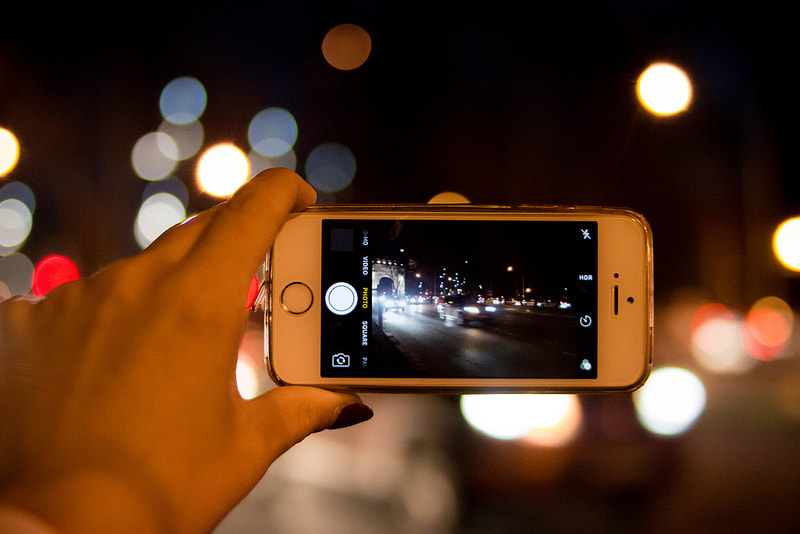| So, what happened to all the scary clowns? You remember, don’t you? A year ago we were hiding our children from clowns who were accused of doing evil from New Zealand to Utah. An elementary and a middle school in Ogden locked their doors after someone in clown paint made threats on social media. Orem police tweeted the need to “have a serious talk about clowns” with parents. |
| | Talk about clowns in public today and you’ll get blank stares, unless you’re asking about movie times for “It.” You’ll get much the same if you ask anyone if they’ve heard any news about shark attacks. Sure, a man was bitten off the southern coast of Florida last Sunday, and a shark knocked a woman off her surfboard near the coast of Australia on Monday. But shark attacks happen each year with little international fanfare. That wasn’t the case in 2001, when we were obsessed with every single one — that is, until 9/11 diverted our attention. Today we obsess over NFL players and whether they will stand for the national anthem. And next year? In his book, “Thinking fast and slow,” psychologist Daniel Kahneman identifies two processes in the brain. One, fast thinking, comes to us automatically and quickly. It comes in handy when we hear the screeching tires of an approaching car or need to understand a simple sentence. Slow thinking requires more work. Kahneman illustrates this by asking the reader to solve the multiplication problem 17 x 24. It takes effort, requires you to go through certain steps and demands concentration. You shouldn’t do this while trying to turn left on a crowded road, he says. Slow thought has the last word, and often it can keep us from saying inappropriate things or, through learning, override our fast-thought responses. But that requires effort. When it comes to understanding the world around us, I believe we need a little more slow thought. Without it, Americans look awfully shallow and self-centered, even blind. Consider what is happening in the world: Residents of Puerto Rico, U.S. citizens, are, as I write this, in an acute state of disaster. They have limited supplies. Their homes have been destroyed by a hurricane. Relief has been slow in coming for a variety of reasons, including debris in critical ports. In Venezuela, economic collapse brought on by a corrupt government has led to hunger, shortages of all kinds and a lack of medical supplies. CNN reports some female doctors are resorting to prostitution to get money for medicine and other supplies. Tensions between North Korea and the United States threaten a war that could devastate the Pacific Rim and lead to complications that might involve China. A Washington Post-ABC News poll found 67 percent of Americans oppose a U.S. first strike. That may be comforting, until you realize about one-third of Americans feel differently. Democracy, freedom and liberty demand more deliberate thought and fewer knee-jerk reactions. In order to choose strong leaders and hold them accountable, we need to take time to study and do difficult calculations. That means paying less attention to clown stories and wondering who is or isn’t kneeling on Sundays during the anthem. It means paying less attention to popular culture and understanding that it’s naïve to think distant world problems won’t eventually hit us where we live. It means challenging our assumptions. That’s difficult in a world where quick reactions have become a way of life. Social media relies daily on our preconceived notions to arouse interest and make things go viral, placing shiny objects in our path. Yes, there are several culprits to blame. Certainly the media, which often plays up stories about clowns without perspective, is among them. So is a president who fires off tweets that reduce complex issues to 140 characters or less. But the Internet, smart phones and other devices have made us the most responsible of all. We can choose to make the difficult calculations or to simply feed our biases. Doing the former will take effort and concentration. But given all that is happening in the world, why would you want to go through life any other way? |


 RSS Feed
RSS Feed

